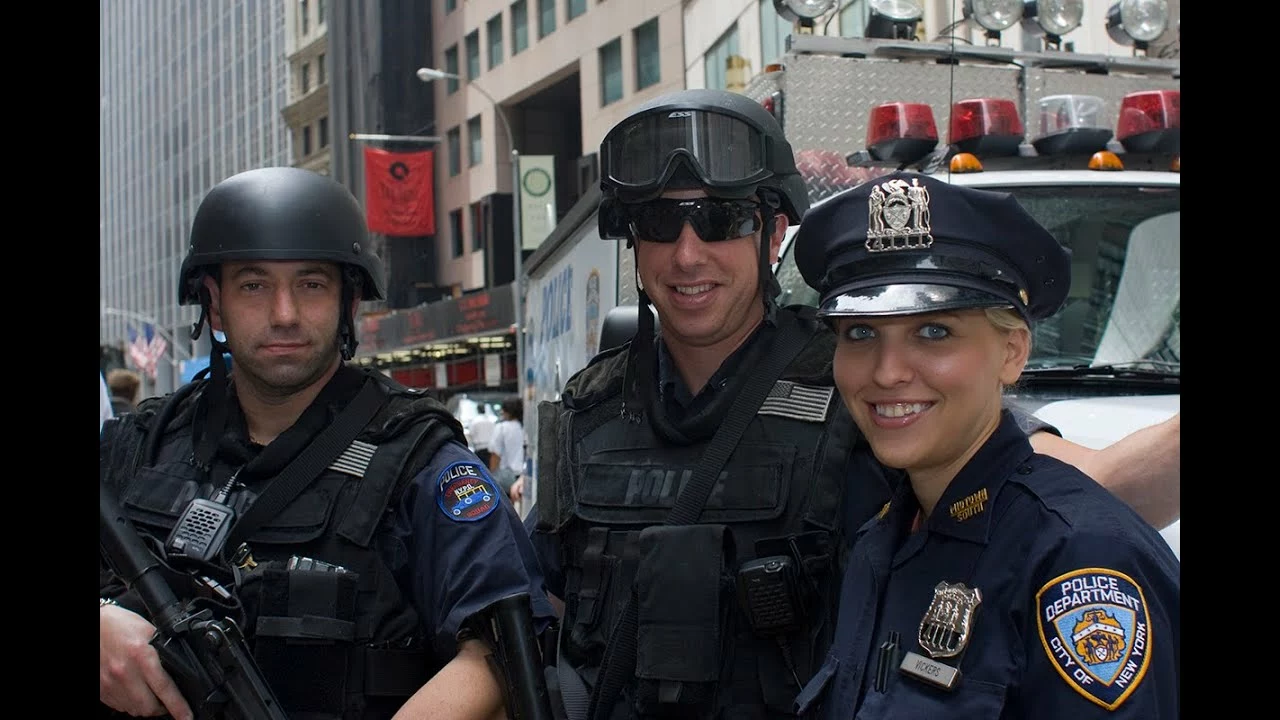Are laws in America selectively enforced?

Aug, 1 2023
Observation Point: Defining Selective Enforcement
Let's dive into the heart of this discussion, shall we? More than once, while discussing various issues over a cup of hot chocolate with my beloved spouse, Amelia, the question has popped up – are laws in America selectively enforced? Of course, living across the pond in Edinburgh, we can only grasp bits of the actual situation, but the news and digital media coverage does give us some insight. And it is precisely this insight that we are going to delve into today.
Selective enforcement or, to put it plainly, the practice of enforcing rules, regulations or laws only against specific groups while ignoring or disregarding the same infractions by others, is a major bone of contention. It might sound like something out of George Orwell's 'Animal Farm', where "All animals are equal, but some animals are more equal than others"; but it's a stark reality in many countries, including, as many claim, the United States of America.
Unmasking Bias: Looking at Law Enforcement
Just like my beagle, Oscar, loves chasing the squirrels more than he does chasing his own tail, it seems the law-enforcement agencies in the United States may have a similar preference. Only their preference is not quite as cute or innocuous as Oscar's. According to multiple reports, studies, and first-hand accounts, certain populations or ethnic groups are more "pursued" by law enforcement than others.
Of course, I’m no legal expert but the numbers tossed around don’t lie. According to the National Association for the Advancement of Colored People (NAACP), African Americans are incarcerated at more than 5 times the rate of white Americans. If that isn't selective enforcement, I don't know what is. Obviously, this statement doesn't imply that all law enforcement officers are biased or that all African Americans are innocent. What it does lean towards, however, is a systemic issue of discriminating law enforcement that needs to be addressed.
Money Talks: Socioeconomic Discrepancies in Law Enforcement
Discrimination isn't limited to just race or ethnicity though. Socioeconomic disparity plays a significant role as well. If you're thinking, "Tobias, you're exaggerating," well, let me tell you a story. It's not exactly from my life, but it's something that I could easily imagine happening to, say, Hedwig, my parrot, if she was a human in the United States.
Lets say Hedwig, a working-class person, gets caught with a few grams of illicit substances. Likely, she ends up serving jail time, losing her job, perhaps even her home. Now, in the same scenario, if she were wealthy, she might just get a slap on the wrist, a fine, and off she would go, leaving a generous contribution to the justice system on her way out. So, what differentiates one offender from another in this case? The "golden ticket" of wealth and social status.
Judicial Tilt: How Deep Does the Rabbit Hole Go?
Sadly, the rabbit hole of selectiveness doesn't stop at law enforcement. It extends its tentacles into the territory of the judicial system as well. Bail, parole, and sentencing decisions, in many cases, appear to be biased. Statistics show that wealthy defendants often receive more lenient sentences for similar crimes committed by their less affluent counterparts. There are many recorded instances where people with money have avoided jail time entirely, while others languish in prison for years.
Here's a fun fact: Did you know that legal representation plays a big role in this discrepancy? Wealthier individuals can afford high-powered attorneys who are more likely to secure favorable outcomes. On the other hand, those with lower income often rely on overworked public defenders, thereby reducing the chances of a positive outcome. Money, it seems, doesn’t just talk, it screams.
In conclusion, I would argue that, given the evidence, laws in America do seem to be selectively enforced, at least to some extent. This isn’t to say that America is the only country with this problem or that everyone in America’s judicial system is biased. However, burying our heads in the sand and pretending the issue does not exist certainly won’t help to rectify the situation. Whether in the United States or right here in Edinburgh, we need to be vigilant about fairness in law enforcement and judicial proceedings. Because, my friends, if a law isn't impartial, can we truly call it a law?